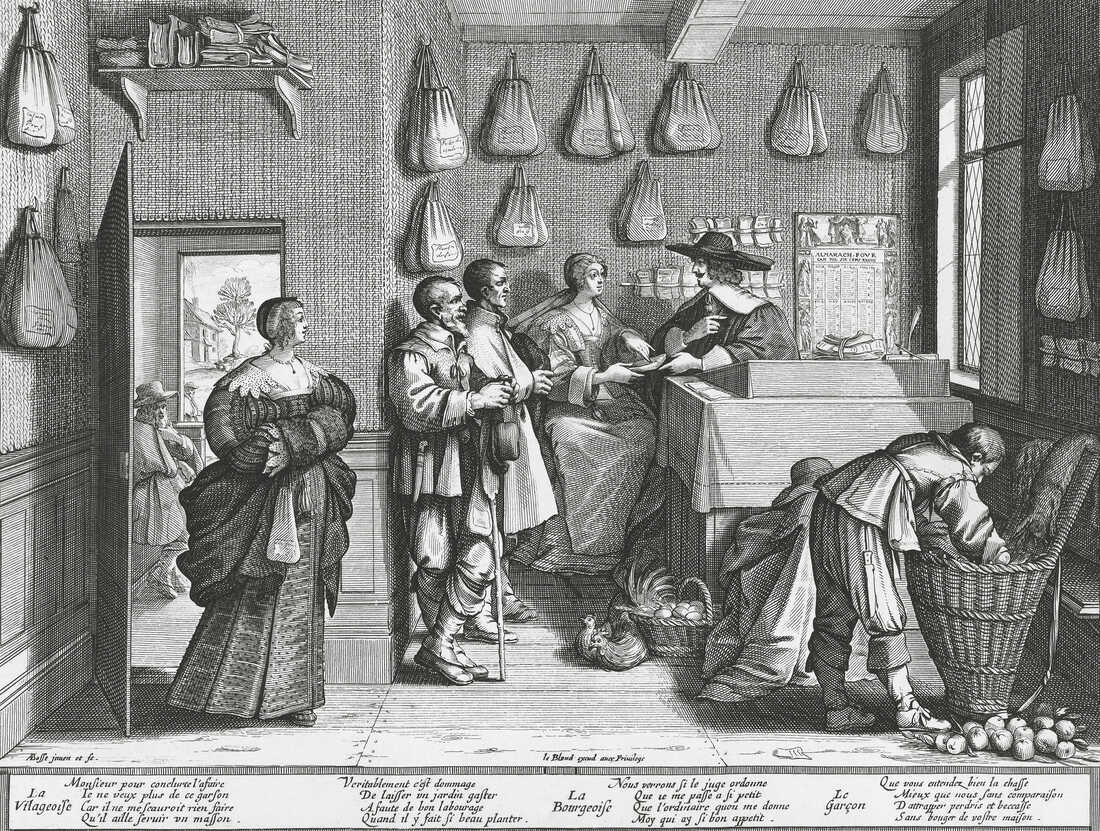Does a crime that rakes in a trillion dollars a day seem like a pretty big thing?
Every few hours someone is murdered for less than fifty dollars. What do you think people would do, even the most famous people, to get their hands on a trillion dollars of cash per day.
Where can you even find a bank or a store or…anything, that runs through trillions of dollars per day?
It’s called THE STOCK MARKET! Yes! Did you know that trillions of dollars, per day, flow through the financial system known as “the stock market”?
Do you actually know how this “Stock Market” works? Can you run it? Can you operate the “Stock Market”? You can sign up for a trading account with some service and coat-tail onto the financial residue of the .05% that do run the stock market but no normal person can do anything but watch and hope to catch a few scraps.
To put this in perspective, there are only 8 billion people on Earth. With a trillion dollars per day you could give each and every person on the planet enough money every day to change their lives.
With that kind of money, the bad guys in this case buy Hollywood and sports super stars to have sex with, they buy private jets, they fly to super parties to get more sex and drugs, they have Cocaine Uber’d to their homes, they buy private sex islands, they have 4 star dinners made for them, they spent $100,000.00 per month to have the mainstream media glorify their facades, and most of all, they buy America’s democracy.
The bad guys in this case are chemically and clinically addicted to their sex, drugs and Game of Thrones greed for power.
A group of people operate a crime syndicate enterprise, known as a “Cartel” to control this stock market for their own personal benefit using the money from private citizens. That is known as a “Scam”.
This group of people are White House executives, U.S. Senators and the Big Tech oligarchs who finance and engage in covert quid pro quo with them. We met, worked with, lived with and witnessed their crimes and schemes. We saw them solicit and take bribes. We saw them use government offices to control digital media, lie to voters, run censorship and rig government process to only help themselves and destroy their competitors. They defrauded us. They defrauded the nation and they will never, ever, get away with it!
Judge rules against GOOGLE, allows antitrust case to proceed…
- ‘The President Got This One Wrong’: Senate Dems Revolt Against Biden’s Chinese Solar Rules…
- Americans List Biden’s Greatest Failures, Accomplishments In Office…
- James Comer Pointedly Warns Against Witness Intimidation, Too Narrow DOJ Focus In Hunter Biden Probe
- Whistleblower Who Was Planning To Reveal ‘Explosive’ Information On Biden Family Corruption Has Disappeared
- 8 Ways Government Shielded Joe Biden From The ‘Laptop From Hell’
- DOJ IG Horowitz Admits FBI Conducted 3.4 Million Warrantless “Backdoor Searches” Of Americans’ Communications…
- ‘Not Normal’: Biden Turns White House Into Housing Option For Extended Family
-
Biden’s approval sinks to the LOWEST of his presidency at 37% amid a report White House aides ‘struggle to the 80-year-old do events in the morning or evening’ because of his age
-
Hunter Biden whistleblowers are ‘scared to death to come forward’ and ‘fear for their lives’ because President’s son’s lawyers are ‘threatening them’, top Republican reveals
-
Hunter Biden’s baby mama accuses First Son of posing as a ‘destitute’ artist to lower child support while deploying stable of lawyers and vacuuming up perks and loans from rich pals – as court showdown looms
-
Silicon Valley Bank failed due to ‘textbook case of mismanagement’ along with weak regulations and lax supervision, Fed says in scathing report – as it blames social media for driving bank run within HOURS
-
Twelve Democrats join Republicans to KILL Biden action that gave break to Chinese solar energy manufacturers as tensions between the US and the Chinese Communist Party escalate
-
DANIEL FOOTE: Bodies are BURNED ALIVE in Haiti after the Biden administration’s deal with the devil… and I should know – I was the US Special Envoy to the troubled country until I was forced to quit in disgust
A bit of Latin has been on the lips of many lately: quid pro quo.
The phrase has been broadly invoked in the House impeachment inquiry into President Trump and his interactions with the leader of Ukraine.
Trump and many of his allies deny there was a quid pro quo — they say that Trump did not withhold military aid to Ukraine as part of an exchange for investigations that could help Trump politically in the 2020 campaign. (Acting chief of staff Mick Mulvaney admitted that link in a press briefing last week but then later walked back his comments.)
U.S. diplomat William Taylor’s recent testimony to congressional investigators supports allegations that Trump withheld military assistance as part of a parallel — and informal — Ukraine policy.
House Speaker Nancy Pelosi, D-Calif., has said that proving quid pro quo is not a requirement for impeachment, but the phrase has stuck.
“In Latin it just simply means something for something,” says Ben Zimmer, language columnist for The Wall Street Journal. But, he notes, “I think that the political situation can’t help but inform the way that we’re going to understand this particular phrase, even though it’s been in the language for oh, about 500 years.”
An exchange — not necessarily an equal one
Zimmer says the first recorded use of the phrase quid pro quo in English meant something totally different.
“In the 16th century, very often if you’ve got a drug from an apothecary, what you would be getting might not be exactly what you asked for,” he says.

L’Etude du Procureur, The Lawyers Office, Plate III from the series The Trades, ca 1632-1633, etching by Abraham Bosse, France, 17th century.
De Agostini Picture Library/De Agostini Picture Library/Getty Images
Instead of the quid you asked for, you got the quo. It sounds harmless enough, but Zimmer says it could lead to problems.
“Very often the drugs that were swapped out would lead to someone getting something that didn’t work as well or could even be harmful. And so, this was a practice that people were scared of,” he says.
That’s where the idea of an exchange started. Fast-forward another century, and lawyers start using quid pro quo a lot.
“Lawyers love using Latin, and that was true way back in the 16th and 17th century, when quid pro quo started getting picked up to refer to an exchange of one thing for another — and again, that in a legalistic context could be very neutral. It’s simply one thing for another,” he says.
“But this more negative connotation has always carried through — that there is perhaps some sort of corrupt intents on at least one side of this mutual relationship, perhaps the motives are not so pure.”
What about a favor?
If a quid pro quo by definition is something for something else, then what about the word “favor”? In his July phone call with Ukrainian President Volodymyr Zelenskiy, President Trump asked him for a “favor.” Trump insists there was no pressure.
Webster’s defines “favor” as a “gracious kindness.” There’s no mention of expecting something in return. But that is not always how it plays out in real life.
“There’s a quid pro quo built into every relationship — every conversation. We talk in a certain way because we expect some response,” says Deborah Tannen, a linguistics professor at Georgetown University. “I want you to like me, and so then you might be friends. Or we are friends, I want to stay friends.”
People don’t usually attach strings to the favors they do for family, Tannen says. But the further people get outside that circle, the more complicated the favor becomes, even between peers. At times, people may not even realize their own expectations for reciprocity.
It gets infinitely messier when there’s a power dynamic at play. It’s natural, Zimmer says, “when we are in this type of transactional relationship to think, ‘Am I really getting the something of equal value here or am I being taken advantage of?’ ”
Tannen adds that how the trade-off is articulated — or how it is not — is key. “That’s what I think we’re dealing with often in public situations where people are caught on tape, say, making what we all know is a demand but not in so many words, so they can say, ‘Oh no, that’s not what I meant.’ ”
There is inherent drama in the quid pro quo. It’s about relationships, it’s about trust and power, spoken and unspoken expectations. The idea is everywhere in popular culture, and now, because of the Ukraine scandal, quid pro quo is everywhere in our politics.
Zimmer says gone are the days when it could be descriptive, or morally neutral.
“Now it’s more like a shakedown. It’s more like: You have to do this for me or else.”











